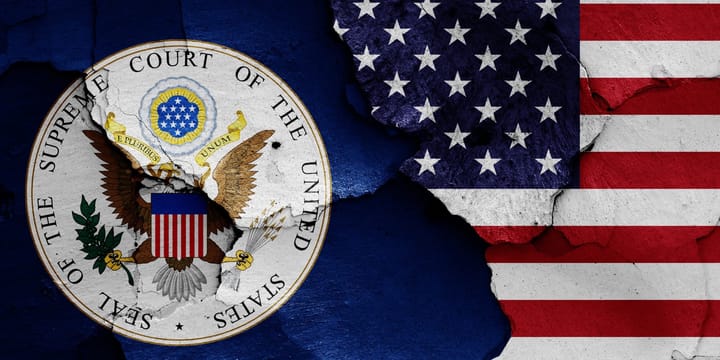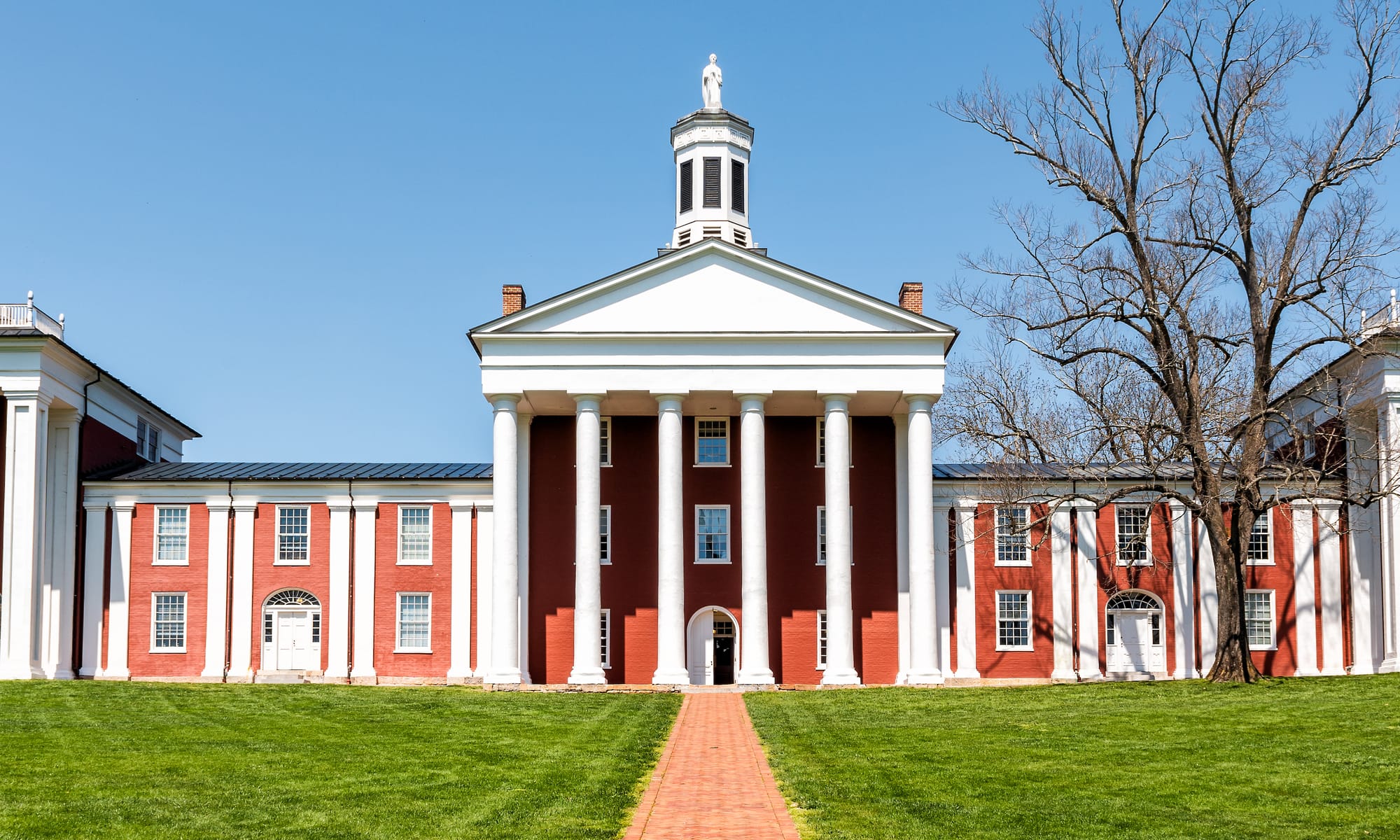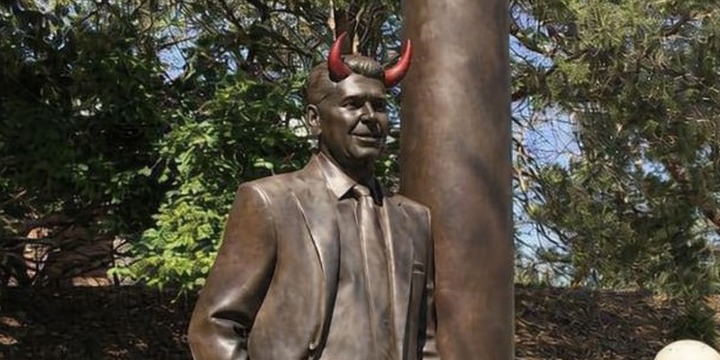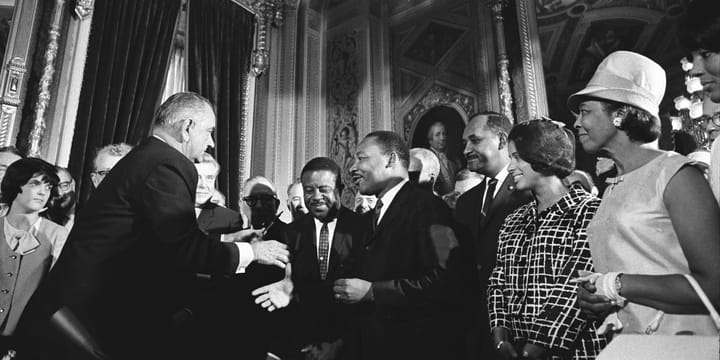The future of voting rights is on the line at the Supreme Court
A supreme court voting rights case could reshape American politics. And we haven't even noticed. And that's not the weird part.

We've written hereabout this case before. But a new Slate interview between Dahlia Lithwick and UCLA law professor Richard Hasen lays out the stakes. A summary of this interview follows below.
The Supreme Court may be preparing to deliver what could be "an earthquake in American politics" when it hears Louisiana v. Callais in its upcoming term. The case, which began as a redistricting dispute, has transformed into a potential death blow to Section 2 of the Voting Rights Act of 1965.
And only a few have really taken notice.
The stakes are as high as they've been since the 1960s
Section 2 of the Voting Rights Act has been the primary legal tool for combating racial discrimination in voting practices for nearly 60 years. It requires states with large minority populations and racially polarized voting patterns to draw districts that give minority voters equal opportunity to elect candidates of their choice.
If the Supreme Court strikes down Section 2, the consequences would ripple across the entire American political landscape. It would allow redistricting black voices our of congress.
How we got here and a new turn
The case originated when Louisiana was forced to draw a second Black-majority congressional district after courts found their original map violated the Voting Rights Act. Louisiana reluctantly complied. But it drew the district in an unusual shape to protect Republican incumbents, including Speaker Mike Johnson. This led to a new lawsuit claiming the state made race the predominant factor in redistricting, which violates the Equal Protection Clause.
Initially, Louisiana defended its map by arguing politics, not race, drove their decisions. But this summer, the Supreme Court dramatically shifted the case's trajectory with an ominous August order asking parties to brief whether race-conscious districting required by Section 2 could ever be constitutional under a colorblind interpretation of the Constitution.
Another time ignore long esalished prescedents. The race bit was just an added benefit to the bayou state.
This is when things got weird. In a stunning development this week, Louisiana abandoned its defense of the Voting Rights Act entirely. They're not even mailing it in. The state now argues that Section 2 is unconstitutional, declaring it wants out of what it calls "this abhorrent system of racial discrimination."
Of course the oppressors feel discriminated against. It's not dicrimination, it's seething hate. Bless your hearts.
This leaves voting rights organizations, led by the NAACP Legal Defense Fund, as the sole defenders of what many consider the crown jewel of the Civil Rights Movement.
The potential fallout
If Section 2 falls, the impact would be immediate and nationwide. Professor Hasen warns that legislative bodies across America would become less diverse and whiter. Which has always been their goral. The provision applies not just to congressional districts but to city councils, state legislatures, and any elected body that require drawndistrict lines . This extends far beyond the South to areas across the country where voting patterns split along racial lines.
Many prominent Black and Latino elected officials could lose their seats in subsequent redistricting efforts. States would be free to redraw maps without considering minority voting rights, potentially eliminating districts that currently ensure fair representation for communities of color.
What's next
The Supreme Court's conservative supermajority has already gutted other parts of the Voting Rights Act in cases like Shelby County v. Holder. Louisiana v. Callais represents the next target in what appears to be a systematic dismantling of voting rights protections that have been in place since the height of the Civil Rights era.
The case will be heard when the Court's new term begins in October, with a decision expected by summer 2026. The outcome could fundamentally reshape American democracy and minority representation in elected government at every level.
In the meantime, a donation to the NAACP Legal Defense Fund, a organization that does active good, might be in order.
Non in cautus futuri.



